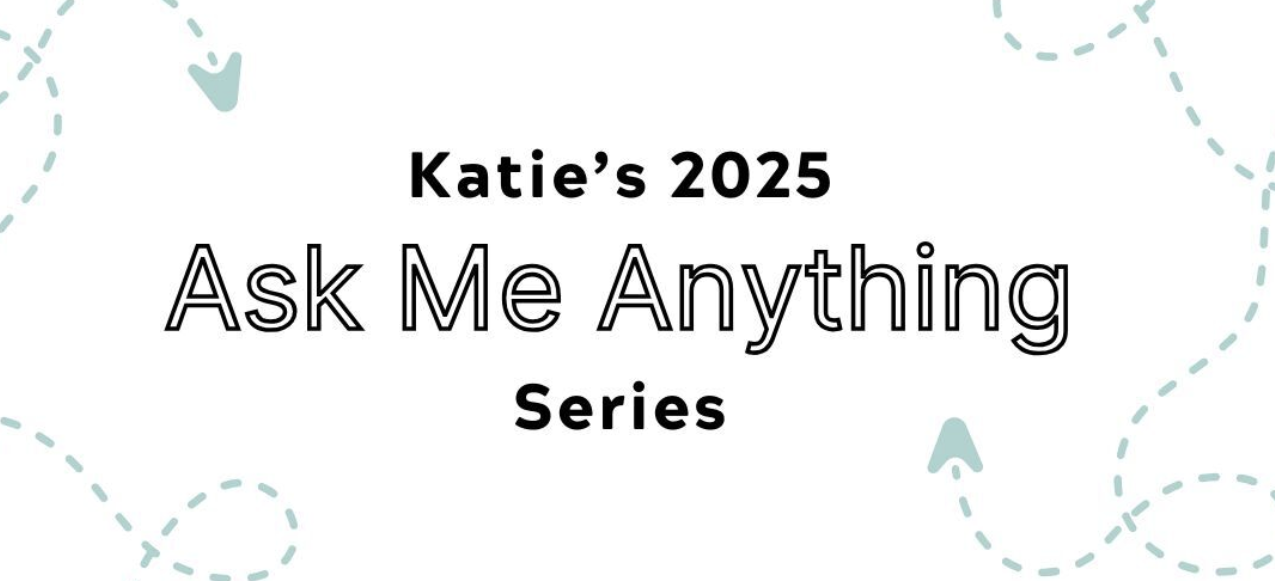In the past couple of weeks, I’ve started working on the revisions for my book on managing professional identity online after receiving anonymous reviewer comments. Like many of the final-stage components of a book manuscript, this is something that I typically enjoy because it means the book is becoming more polished and ready for public consumption.
I trust my reviewers a lot — they have never failed me — so I come to this process with an open mind for what they can teach me about my manuscript. They are the closest I will come to reader feedback before the book is finalized, and I want my readers to get the best book possible.
However, one of the requests that my reviewers made has hit me especially hard. I was asked to more directly engage with the topic of trolls, haters, bullies, and critics online. Although this is a topic that is certainly mentioned in the book, I chose not to go into it in detail. For example, there is not a full chapter devoted to this issue.
I didn’t realize it at first, but it’s like the reviewers knew just the thing that I was unconsciously trying to avoid.
And they called me out on it.
Then, the universe wanted to make sure I got the message.
A week ago, I was facilitating some workshops at a university that hired me to come and speak about online engagement and self-promotion for academics.
One of the first questions I got asked was “What do we do about online trolls, haters, bullies, and critics?”
I was then asked this question multiple times over the course of the couple days I was presenting.
Okay. I get the message.
And after some thought, and some really good conversations with colleagues, I feel better prepared to tackle this issue head on.
You might be wondering why I would even want to avoid it in the first place. This week, I asked myself the same question.
What made this topic such a challenge for me?
I was talking with my partner about the book feedback, and especially about the issue of online bullying and conflict, when he reminded me that I had experienced online bullying myself.
He was right. And I had completely blocked it out.
Early in my career, I was targeted by some online bullies and it was pretty traumatizing. He remembered it clearly because it almost kept me from finishing my PhD. It’s just one small example of how online conflict can have direct impacts on our careers, not to mention our mental and emotional well-being.
In part, I think I was avoiding writing about this because it would mean revisiting my own experience.
After some thought, and after writing the first draft of a new chapter for the book on this topic, here is where I’ve landed:
I don’t want academics and higher education professionals to be afraid to be online. Many of the people I talk with are already nervous about the technology learning curve of having an online presence, so I don’t want the concept of online conflict to offer them the excuse they need to avoid being online altogether.
However…
Online conflict for academics is increasing. Especially after the events in Charlottesville, it is clear to me that we need to have a new and different set of tools for responding to and engaging with people who have views that are different and antithetical to our own. And when those views are harmful to society, undermining to our values, and directly hurtful to ourselves, our students, and our colleagues, we need to know how to take action.
Academics and higher education professionals need tools and tactics for dealing with online conflict. People are right to be worried about these issues and we need specific strategies for how to respond when we, or when colleagues that we know, experience online conflict.
We need to openly talk about how to engage in this conflict in our professional capacities. Just like conflict in person is difficult for many people, conflict online is rife with avoidance tactics. It’s so much easier to ignore it than to acknowledge the hurt and pain it’s causing.
In short, my book needs to help academics and higher education professionals be better prepared for the full picture of what they can expect in being a professional online.
So I’m diving in. And I’m looking for your help.
If you or someone you know is willing to talk with me about their experience dealing with online conflict as an academic or higher education professional (and potentially, and with permission, be profiled in my book), please let me know. I have a list of people I’m speaking with, but I welcome additional voices. I also welcome your suggestions for potential citations about the issues of online conflict for academics and higher education professionals. (The book’s website will also house a growing library for these resources as well, so I also welcome feedback for what to include there.)
Please do not suggest people to me without asking for their permission first. I would prefer that you share my email ([email protected]) with people who might be willing to reach out to me so that it’s their decision to get in contact.
Thanks in advance for your thoughts and advice.
To think on:
- What areas have you tried to avoid in your work in the past? Why?



